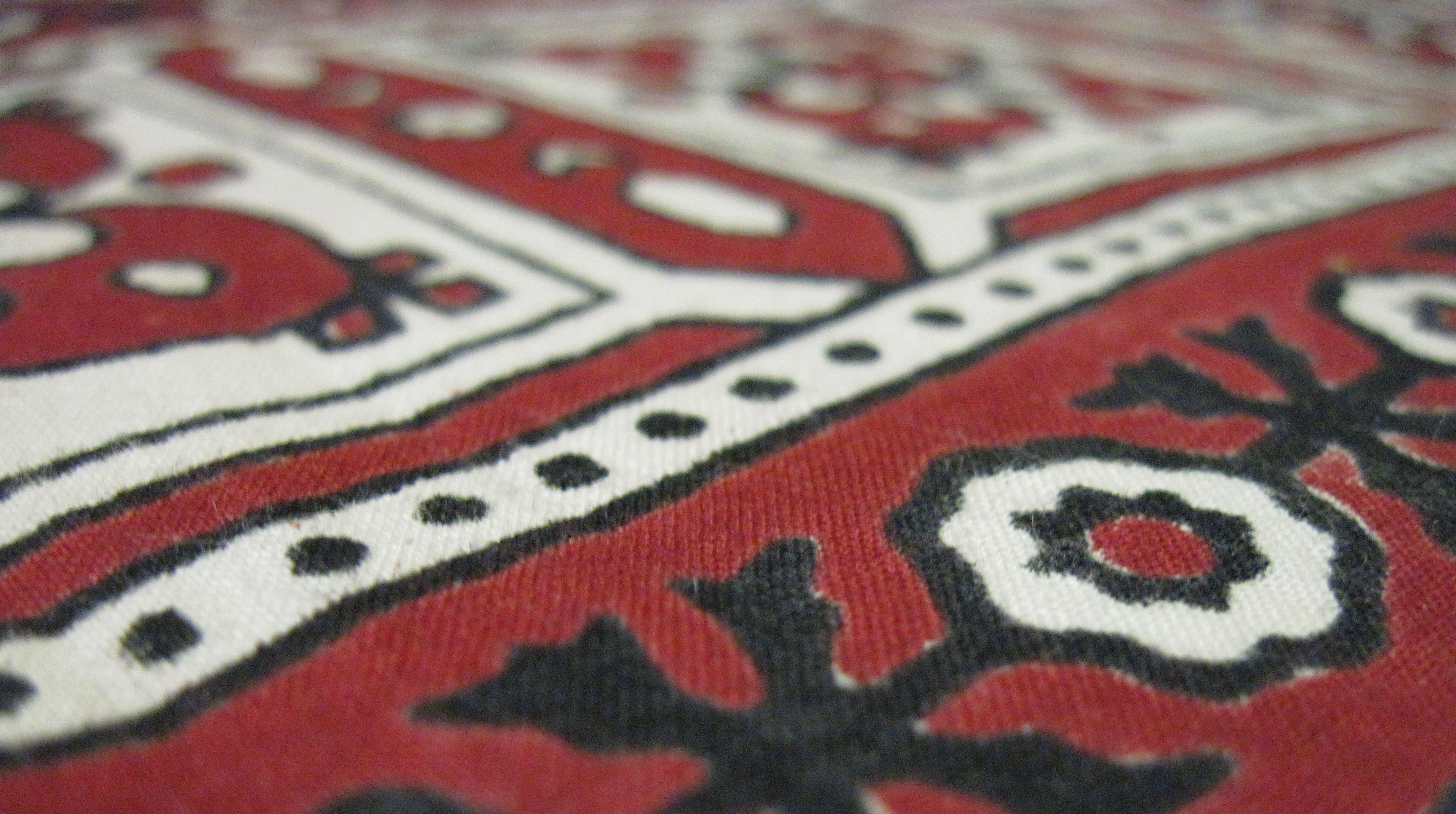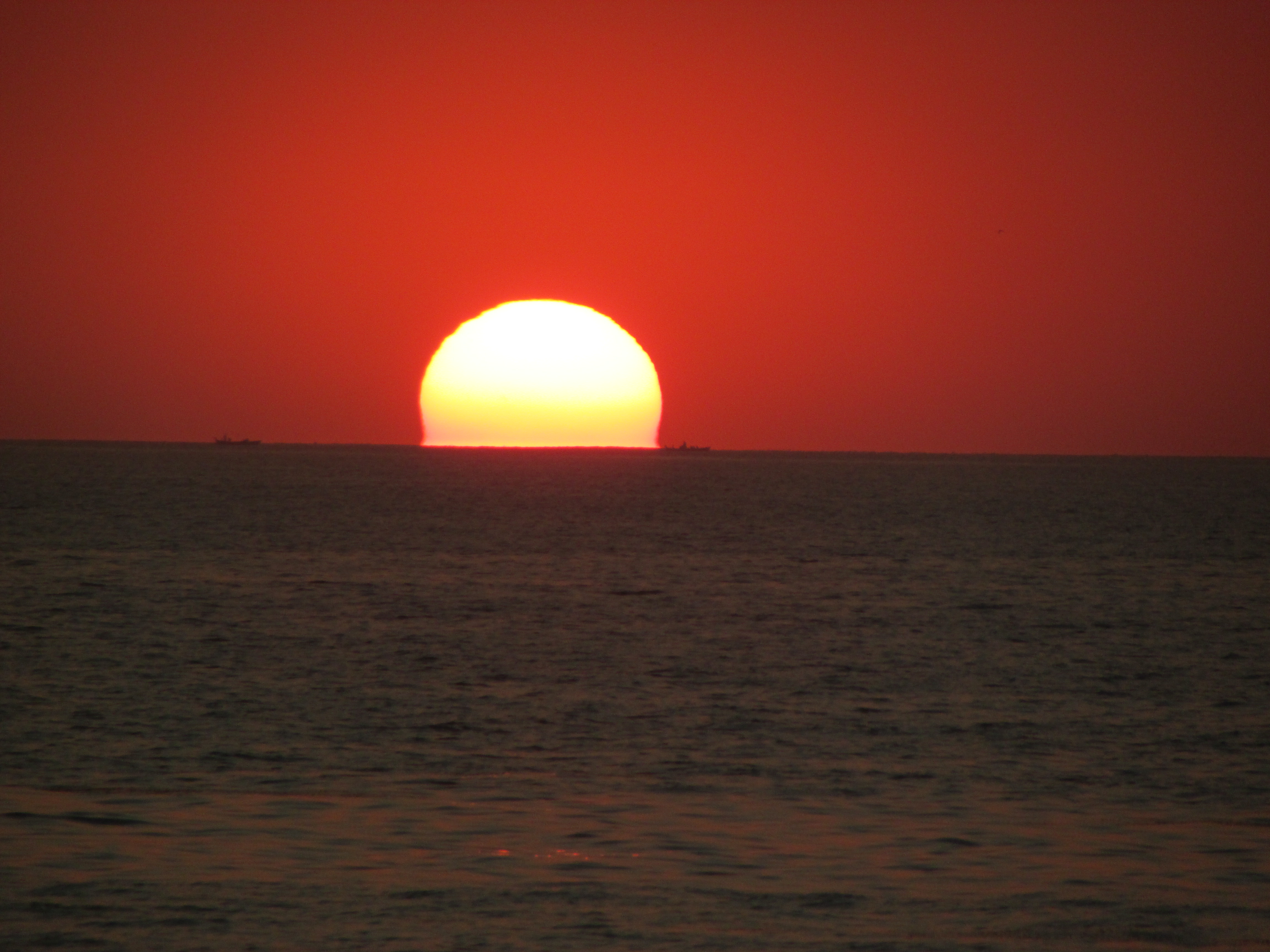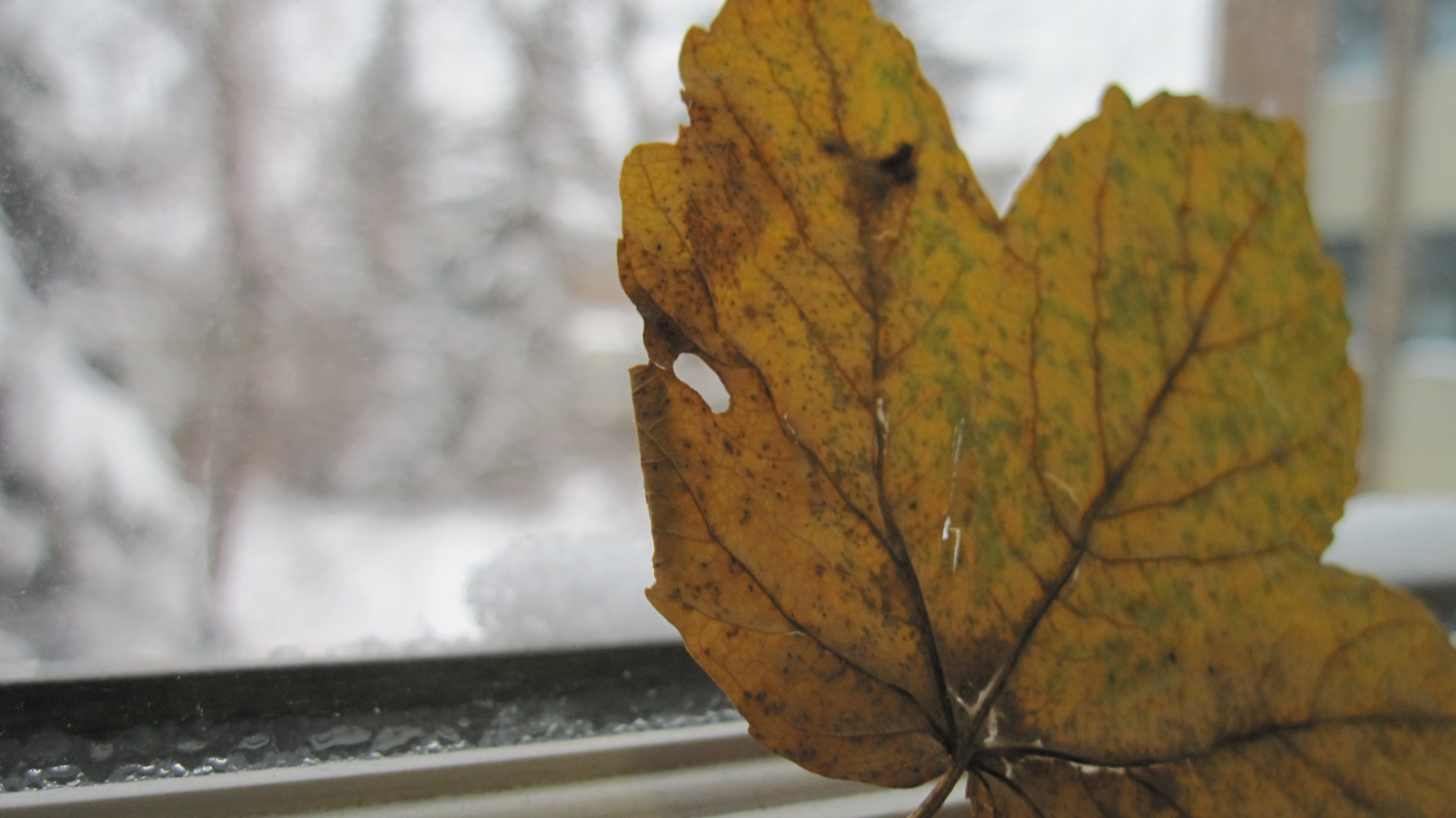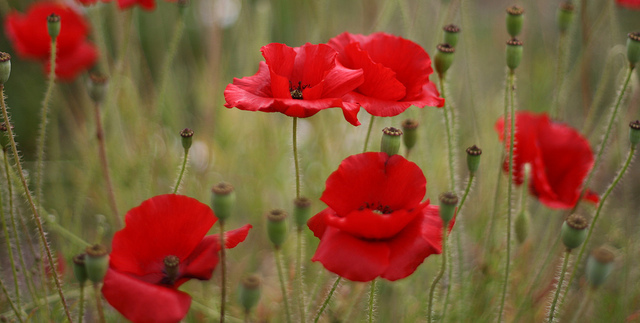I had the opportunity to go on a youth retreat this past weekend with my church youth group. After sitting on the noise-filled bus for nearly three hours, we finally arrived at the camp where we would be staying. That evening, after more noise and activity, the three boys in my room got their beds ready to sleep on. “What’s this?” one of the boys asked, as he started to unfold a fitted bed sheet he had pulled from his bag, holding it from his fingers as if it was a banana peel he had picked up off the ground. Another boy, obviously well schooled in his sheet classification, knew a fitted sheet from a t-shirt and was proceeding to pull it over his bed. Putting one corner just over the mattress, he would move to the other side, pulling the sheet off of where he had just put it in the process. Another, on the top bunk, was having the same trouble. Barely laying the sheet over the corner of the bed, he would then expect it to stay there as he pulled the remainder of the sheet over the far side of the mattress. Apparently, putting fitted bed sheets on a bed isn’t common junior-high-boy knowledge.Thankfully, a couple tips and a helpful hand later, I did manage to show them how putting the corner of the bed sheet under the corner of the mattress would stop the sheet from popping off the bed again and again.
I moved into a boarding school in sixth grade. Fitted sheets? No problem. I did start struggle later on in my years, as my sheets began to shrink with years of washes. This only got harder as my boarding school mattresses were eventually replaced by the larger, thicker mattresses I experienced once I got to Canada. Fitted sheets were quite normal, and I quickly got used to making up my bed, again and again. I’m thankful for my years in boarding. It’s experiences like these, watching anxious boys crawl into foreign beds that make me realise what a blessing it was. I understand. I understand what it’s like to be in a strange room. I forget sometimes, that not every junior high boy moves into a new room, with a new room mate, and has to try to fall asleep on a new bed each year. In boarding, life would hit the reset button again every few months, as my siblings and I would readjust to our beds at home for a couple weeks over break. Then we would be back to school again. The strange beds became familiar — the familiar became strange. And I would find myself lying awake in the dark, trying to drown out the silence of the fan that wasn’t turning above my head. Silence is one of the hardest sounds to ignore.
I don’t mean to make my experiences sound all rosy. Boarding had it’s downsides too. There aren’t many better ways to learn how much you dislike about people than having to live with them year after year. However, before long, the rough edges of my own selfishness did start to wear down. They had to — since they were constantly scraping into someone else and their selfishness corners. Thankfully God works in these years of friction, ensuring the little pieces that are chipped away simply smooth the edges, rather than leave gaping holes of trauma and bitterness. I’m thankful. I’m thankful that my parents were willing to let go when I asked. I’m thankful that I had friends who cared about me, and who made my experience a valuable one. I’m thankful God orchestrated good things out of what could have so easily become a mess. On top of all this, I’m thankful I know what a fitted sheet is and how to put it on a bed. I still may not know how to fold one, but not everyone is perfect. I’ll save that magical skill for the mothers of us silly boys.




